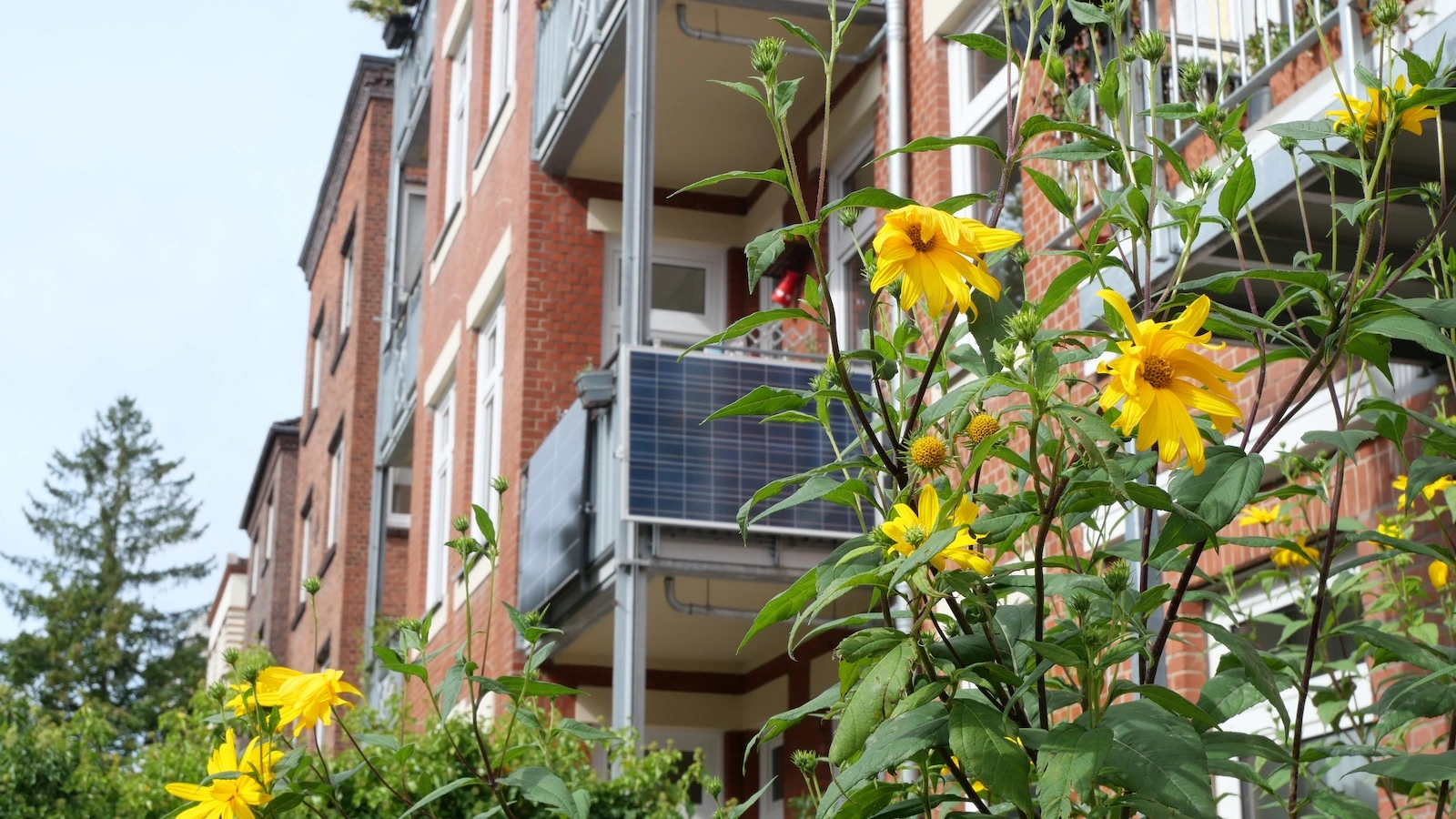How Germany outfitted half a million balconies with solar panels
How Germany outfitted half a million balconies with solar panels
grist.org
How Germany outfitted half a million balconies with solar panels

How Germany outfitted half a million balconies with solar panels
How Germany outfitted half a million balconies with solar panels
